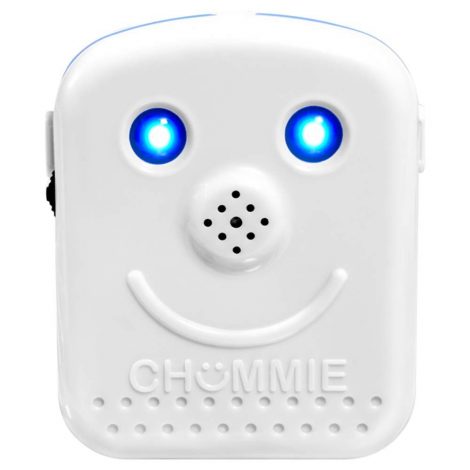Here's a counterproductive thought: If your kid moistens the bed, it might due to the fact that he or she isn't getting sufficient water or other fluids.
Kids can easily get sidetracked and forget to hydrate themselves throughout the day, according to Pediatric Nurse Practitioner Jessica Stafford Draper, NP, who is a University of Minnesota Health pediatric urology specialist. This may also occur if they remain in school and do not have access to sufficient fluids during the school day. If they go extended periods throughout the day without drinking, they might get thirsty at night and drink more water, which sets the stage for bedwetting. Dehydration likewise triggers irritation to the bladder, which can then cause increased frequency of urination.
There are many possible causes for bedwetting beyond daytime dehydration, which is why parents who are at their wit's end seek out Draper's expertise when their kid struggles with bedwetting. Here are 5 things Draper believes moms and dads should understand about the topic, known medically as nighttime enuresis.
FIND OUT MORE ABOUT OUR PEDIATRIC UROLOGY SERVICES.
For the most part, children merely outgrow the problem.
Roughly one in 6 children age 5 or younger have a problem with bedwetting. Many kids grow out of bedwetting. By age 10, more than nine out of 10 kids no longer struggle with bedwetting. This takes place, in large part, due to the fact that of a maturation concern. As a child physically grows, his/her brain is much better able to translate and react to messages from the bladder.
When treating kids who experience bedwetting, the objective is produce a normal adult voiding pattern with time, and without making use of the fluid constraints, medication or a bedwetting alarm. These interventions need to be viewed as momentary, if they are required.
The problem probably isn't major.
Bedwetting hardly ever shows a hidden medical condition. Normally, the problem just occurs since the child's brain and bladder are still finding out to interact. Some kids sleep so deeply that the bladder's "emergency" signals can't break through to wake them.
In fact, moms and dads who use a "Incontinence supplies ," which spots wetness, often report that kids sleep right through the sound. Treatment using the bedwetting alarm can take time, but in the absence of any other medical concerns, it is the most successful treatment for bedwetting. In such cases, it is very important for the moms and dad to wake the child, however not shut down the alarm. In other cases, Draper might recommend anti-diuretic medication, which decreases the amount of urine produced by the body overnight.
When the problem is medical, it's normally not severe. For example, the child may simply be constipated, and their full bowel may put significant pressure on the adjacent bladder. In such cases, an easy bowel regimen may fix or reduce the problem.
Bedwetting can in some cases be dealt with by altering habits.
To stop bedwetting, Draper suggests restricting drinks with caffeine or carbonation, like soda, since these can promote the bladder. Moms and dads can also restrict fluid consumption at night-- as long as the kid doesn't become dehydrated. Tension can also trigger bedwetting in kids, so eliminating stress factors from the child's life may likewise eliminate the issue.
It might still be a great concept to see a healthcare service provider.
On celebration, bedwetting can be an indication of something more serious, such as sleep apnea, snoring, daytime wetting, urinary frequency, urinary seriousness, bedwetting after a prolonged period of dryness or an infection in the urinary tract. Bedwetting is considered regular in kids ages 5 and more youthful. However if the kid continues to have a problem after the age of 6 or 7, and especially if there are other symptoms such as agonizing urination or unusually colored urine, a trip to the clinic is required. Our M Health staff take a thorough group approach to health-- and our clients have access to a vast array of multi-disciplinary care alternatives.
Bedwetting isn't anyone's fault.
Wetting the bed does not indicate the parents did a bad job with toilet training. Nor does it suggest that your child is lazy. The problem might be partially genetic, and even when a way of life change is mandated, the elements aren't constantly in a moms and dad's or kid's control. Draper typically deals with schools to ensure children are getting enough hydration, and are taking routine restroom breaks to construct practices and establish an enhanced bladder-brain connection.
Click here for more : How to Stop Bedwetting,Bedwetting solutions,Bedwetting store

Post a Comment